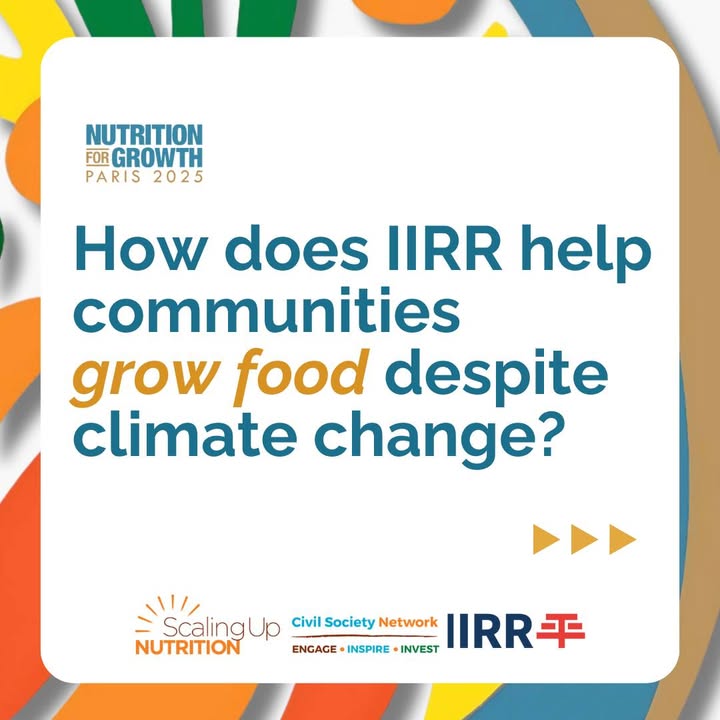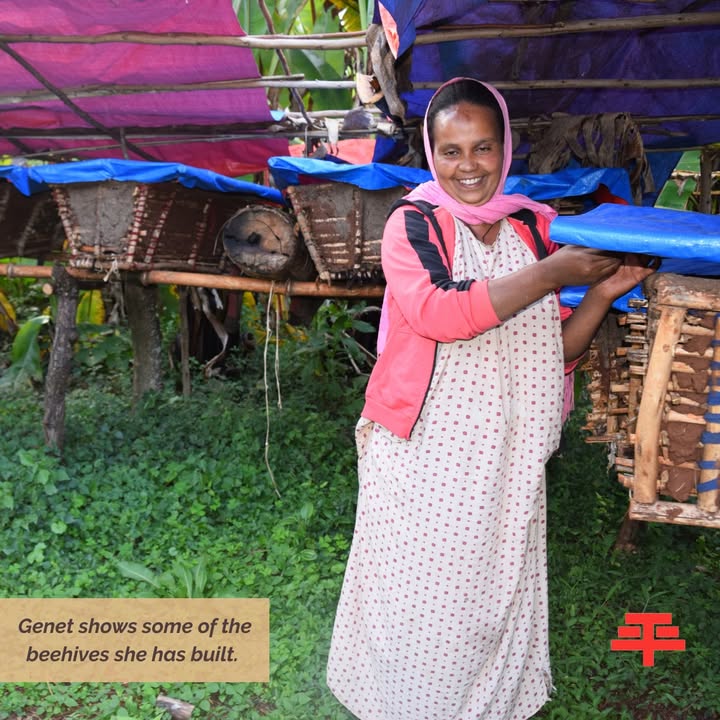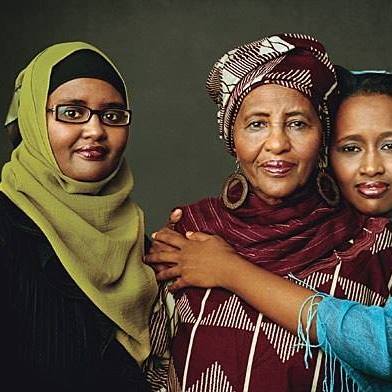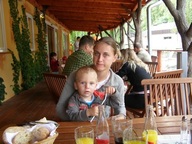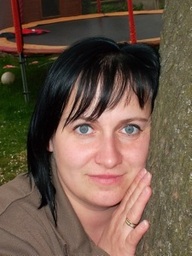
IIRR
IIRR is one of the world's leading rural-focused non-governmental organizations. It has worked in ov IIRR's mission is to empower rural people to build resilient communities and attain socioeconomic equity through creative and community-led action. IIRR envisions an equitable world in which rural people achieve their full potential, living a life of dignity and self-reliance in harmony with the environment.

Founded
1960
17000
Web
Sign in to see organisation website
Address
New York
Home - IIRR Achieving Net Zero with Rural Communities IIRR is one of the worlds leading rural development organizations with over100 years of experience in international development focusing specifically on rural communities Why rural people Over 3. 4 billion people globally live in rural areas. Two out of three people living in extreme poverty live in rural settings. They are the smallholder farmers fishermen pastoralists Indigenous peoples and forest dependent communities.
From Social media
News about from their social media (Facebook and X).
“A Bright Future for Me, My Family, and My Community” – Genet Zewdu Genet Zewdu, a 30-year-old woman from the Sidama Region of Ethiopia, is one of 303 women selected to participate in the Mass Youth Employment in Apiculture (MaYEA) program. The initiative is led by IIRR and SOS Sahel, in partnership with the Mastercard Foundation. Genet shared her journey: “I lost both my parents when I was about eight and went to live with my uncle, who already had five children.
Like Comment
Data about organisation
International Development, Relief Services Category
Organisations with similar rank to IIRR in category International Development, Relief Services
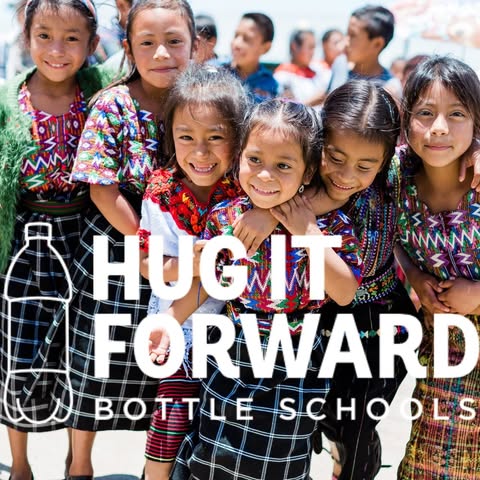
Hug It Forward empowers communities to build bottle schools.

IIRR is one of the world's leading rural-focused non-governmental organizations.

Over 3,900 students.

143. THE TRUST FOR THE AMERICAS
The Trust for the Americas is a non-profit 501(c)(3) organization affiliated with the Organization of American States (OAS).
Rural Category
Organisations with similar rank to IIRR in category Rural
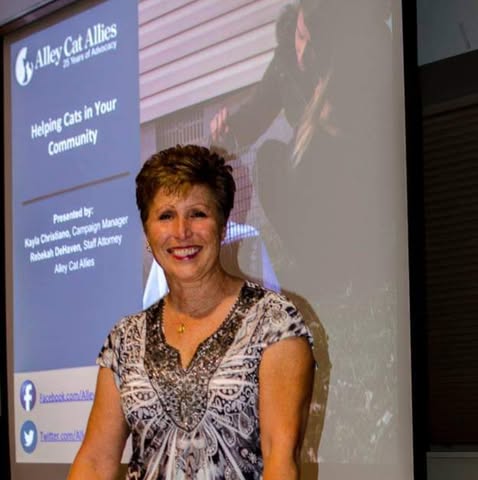
Saving all feral cats, one colony at at time.
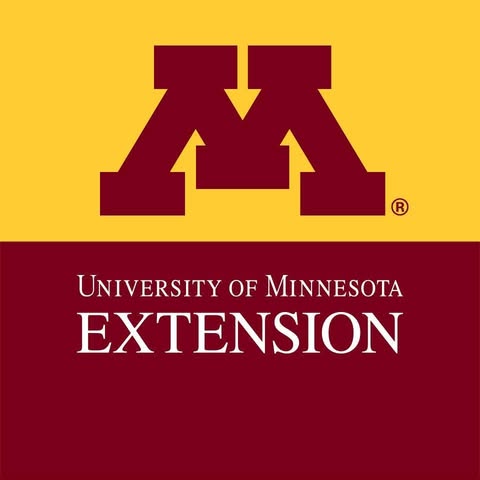
9. 4-H Clubs & Affiliated 4-H Organizations
The official Facebook page of the University of Minnesota Extension.

IIRR is one of the world's leading rural-focused non-governmental organizations.

11. Tahoe Rim Trail Association
Preserving, protecting & promoting the 165-mile Tahoe Rim Trail for all to explore & enjoy.

The Solar Electric Light Fund (SELF) uses the power of the sun to fight poverty and climate change.
Nutrition Programs Category
Organisations with similar rank to IIRR in category Nutrition Programs
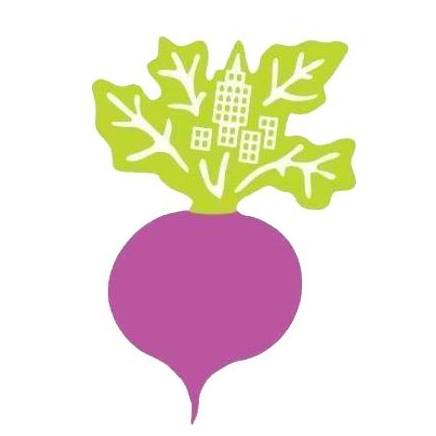
Just Food aims to shift the power, health, and wealth of historically and economically marginalized communities through food justice, policy/advocacy, and sustainable agriculture.

We connect people and communities in MA to reliable food sources while advocating for policies that make food more accessible, so that no one goes hungry.

IIRR is one of the world's leading rural-focused non-governmental organizations.
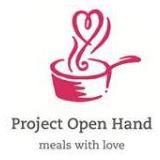
We provide nutritious 'meals with love' to our sick and vulnerable neighbors in the Bay Area.

At Care and Share Food Bank, we believe that no one should go hungry.
New York
Organisations from IIRR
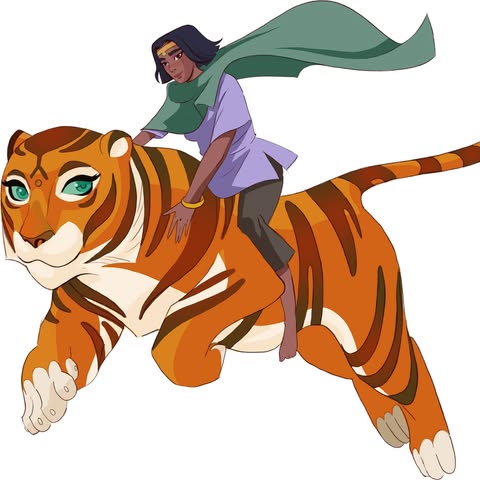
“She is the Brown girl superhero the world needs right now.

Tapping into the potential of movement and creativity to effect social change and personal transformation.

IIRR is one of the world's leading rural-focused non-governmental organizations.

Penumbra Foundation is a non profit photographic arts and education organization devoted to teaching.

717. THE GEORGE BALANCHINE FOUNDATION INC
The George Balanchine Foundation is a not-for-profit "public charity" exempt from federal income tax.
Similar organisations
Similar organisations to IIRR based on mission, location, activites.
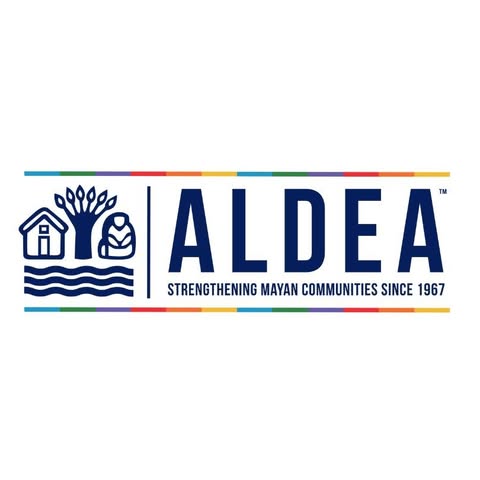
ALDEA: Advancing Local Development through Empowerment and Action, Inc.
ALDEA believes in the power of Mayan communities to overcome poverty and disadvantage to secure thei.
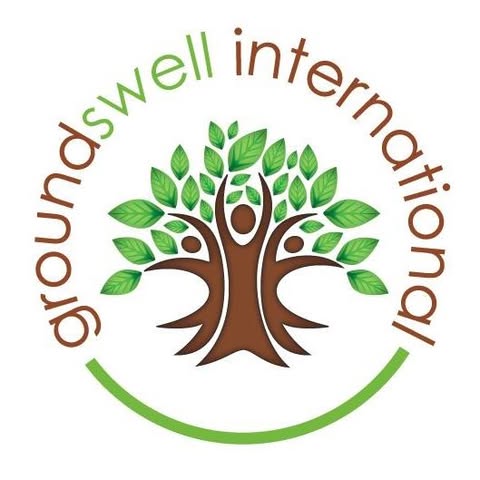
Groundswell International, Inc.
We strengthen rural communities to build healthy farming and food systems from the ground up.
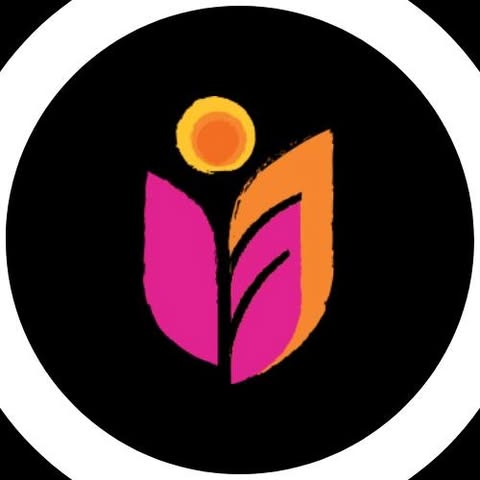
Women First International Fund
Long-term partnership.
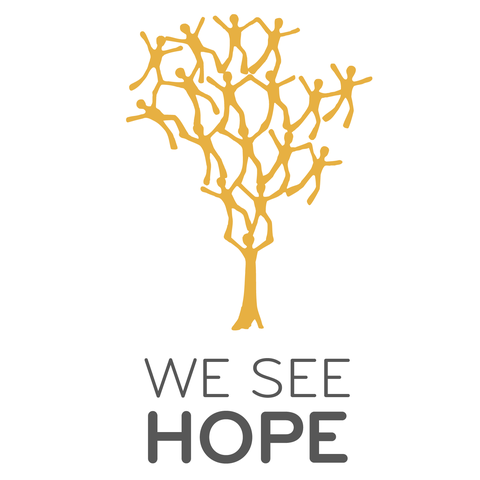
We are committed to creating sustainable, community-led change for vulnerable children in Sub-Saharan Africa.
Similar Organisations Worldwide
Organisations in the world similar to IIRR.

DIGITAL OPPORTUNITY TRUST LIMITED (uk)
Creating opportunities, and transforming communities.

Raising The Village is a Canadian non-profit organization with holistic livelihood programs in remote villages in Sub-Saharan Africa to lift them out of ultra-poverty.

Unite Live Aid has been created to raise awareness and most importantly, raise funds for humanitarian assistance in “War Torn” and “Third World Countries”.

THE LEARN AND UPLIFT FOUNDATION (ca)
The Learn and Uplift Foundation, empowers underprivileged youth with relevant skills for a sustainable livelihood.
Interesting nearby
Interesting organisations close by to residence of IIRR

IIRR is one of the world's leading rural-focused non-governmental organizations.
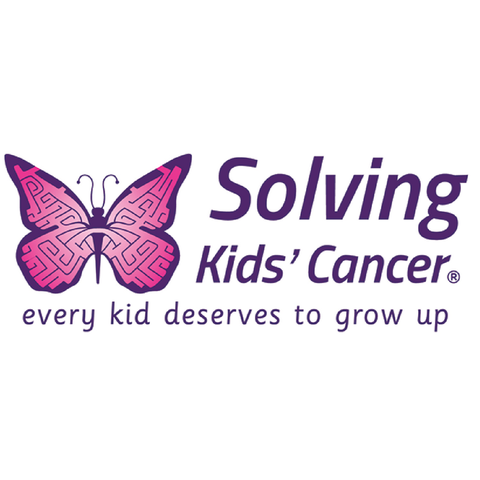
Solving Kids' Cancer finds, funds, and advocates for breakthrough treatment options to cure children with the most fatal pediatric cancers.
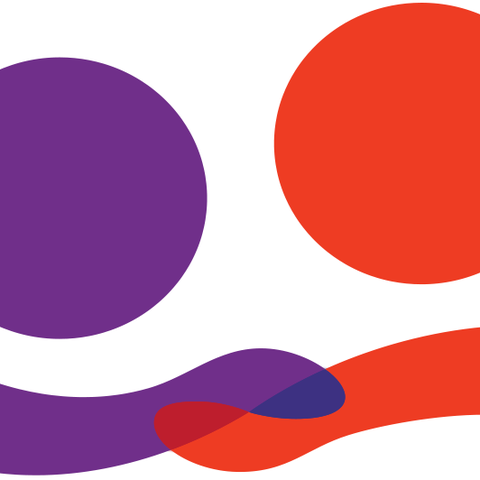
Connection, inclusion, and joy through the art and practice of social dances.
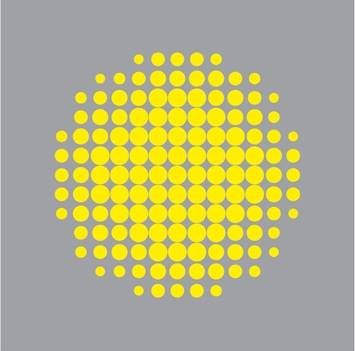
Hope for Depression Research Foundation
Hope for Depression Research Foundation (HDRF) is a 501 (c)(3) non-profit organization dedicated to.
Similar social media (17000)
Organisations with similar social media impact to IIRR
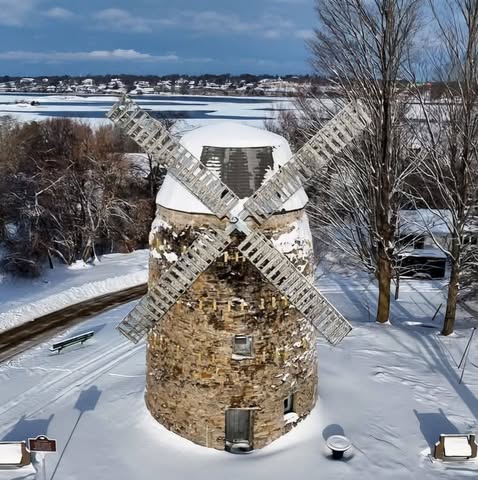
43951. Fort La Presentation Company
Travel St lawrence NY depicts the very best of life in St Lawrence County.

We have been rescuing animals since 1994 & officially founded in 2003.

IIRR is one of the world's leading rural-focused non-governmental organizations.
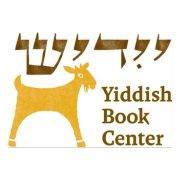
43954. NATIONAL YIDDISH BOOK CENTER INC
A nonprofit celebrating Yiddish language and culture.

43955. Employee After Tax Contribution VEBA Trust for the Andrew W Mellon
Supporting just communities, creative expression, and the visionaries who connect us all.
Join us and make a difference for the future!
Sign Up
Please fill in your information. Everything is free, we might contact you with updates (but cancel any time!)
Sign in with GoogleOr
Good News
"🌏 Great news from the UN! Leaders are urging ongoing global support for internally displaced persons in Nigeria. Together, we can help create long-term solutions and foster hope for those in need. Let's stand in solidarity! 🤝 #GlobalSolidarity #PositiveChange #Eduo"
UN Leaders Advocate for Sustained International Support and Long-Term Solutions for Nigeria's Internally Displaced Persons - Nigeria
ReliefWeb
Like Comment🌿🐘 Exciting news from Columbus Zoo! They've welcomed their second Asian elephant calf this year, marking a historic milestone in conservation efforts. Every new birth is a step towards preserving these majestic creatures! 🌍❤️ #Conservation #AnimalAwareness #GoodNews
Columbus Zoo welcomes second Asian elephant calf this year
The Baltimore Sun
Like Comment